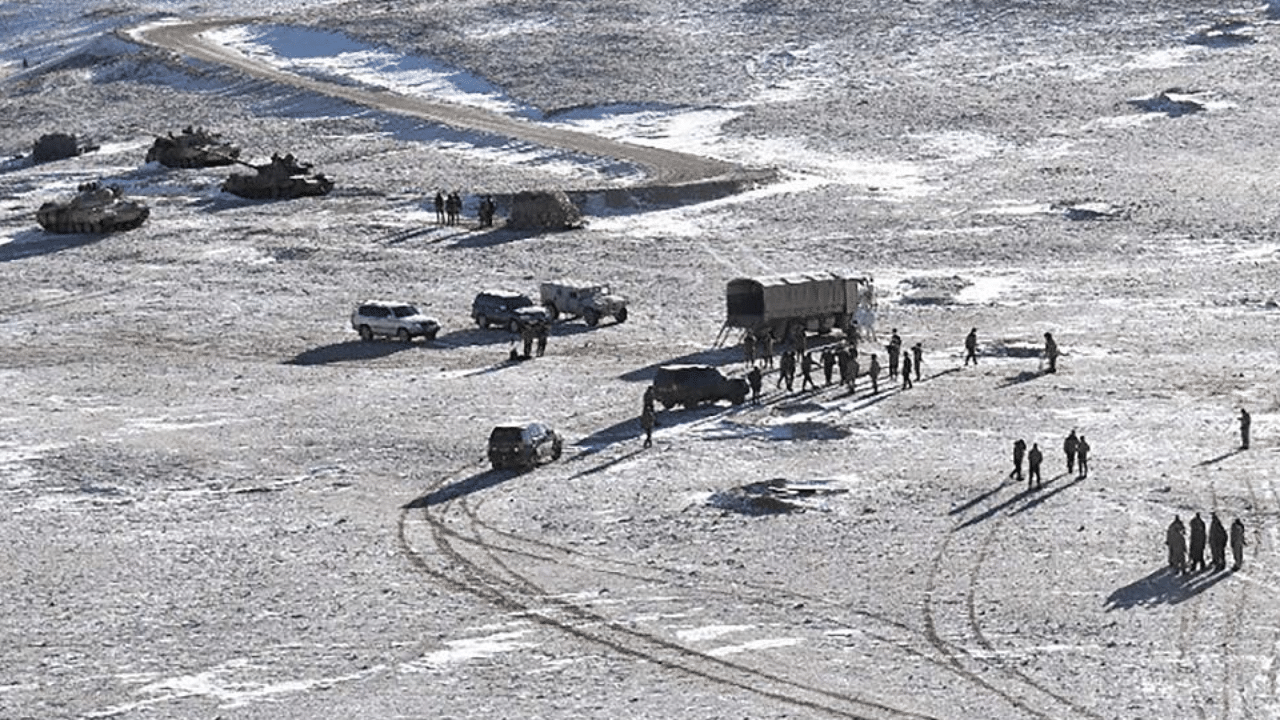
With the military stand-off between India and China appearing to come to an end now, External Affairs Minister S Jaishankar and his Chinese counterpart, Wang Yi, have agreed to have a hotline so that they can quickly hold talks in case of future flashpoints in bilateral relations.
The two sides agreed to set up the hotline when Jaishankar and Wang had a 75-minute phone call on Thursday. The two sides, however, made it public in New Delhi and Beijing on Friday.
The External Affairs Minister told the Chinese Foreign Minister that the dispute over the India-China boundary might take time to resolve, but the disturbance of peace and tranquillity in border areas would have “a damaging impact” on the relationship between the two neighbouring nations.
They took note of the completion of the mutual withdrawal of troops by the Indian Army and the Chinese People’s Liberation Army (PLA) from the northern and the southern banks of Pangong Tso earlier this month. A press release issued by the Ministry of External Affairs (MEA) in New Delhi quoted S Jaishankar telling Wang that after complete disengagement of front-line soldiers from “all friction points” along the LAC in eastern Ladakh, the two sides could also look at “broader de-escalation of troops in the area and work towards restoration of peace and tranquillity”.
“It was necessary to disengage at all friction points in order to contemplate de-escalation of forces in this sector. That alone will lead to the restoration of peace and tranquillity and provide conditions for progress of our bilateral relationship,” the External Affairs Minister told the Chinese Foreign Minister.
Wang stressed on the improving border management and control mechanism, apart from advancing talks to resolve the boundary dispute. “While that the two countries have boundary disputes is an objective fact, which should be taken seriously, it is not the whole of China-India relations, and it should be put at a proper place in the overall bilateral relations,” he told Jaishankar.
A statement by the Ministry of Foreign Affairs of the Chinese Government quoted him saying that China and India, being two big emerging economies, should “pursue development alongside each other, move forward in partnership instead of a hindrance, and work together for shared progress rather than erecting walls against each other." He suggested that the two sides could “begin from easier things and proceed incrementally so as to build up enabling conditions for a better relationship and greater practical cooperation between them”.
He also noted that India had proposed three ‘mutuals’ – mutual respect, mutual sensitivity and mutual interests – as the approach to its relationship with China.
The hotline between the External Affairs Minister and the Chinese Foreign Minister is going to be the newest mechanism of engagements between the two nations. The two sides already have Special Representatives to lead negotiations to resolve boundary disputes and they have been holding talks since 2003. Wang, himself, is China’s Special Representative for boundary negotiation with India at present, as he wears the hat of the State Councillor of the communist country too.
Prime Minister Narendra Modi’s National Security Advisor, Ajit Doval, is India’s Special Representative for boundary talks with India. The two sides also have a Working Mechanism for Consultation and Coordination on India-China Border Affairs, led by senior diplomats.
